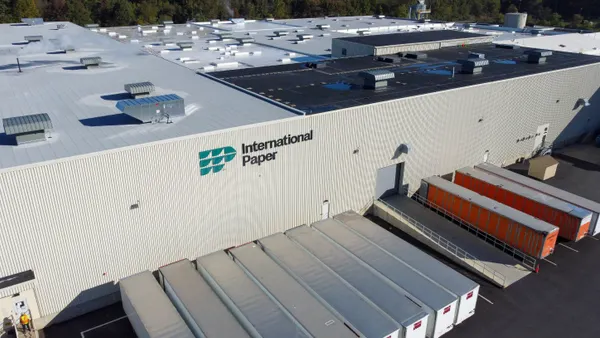The U.S. consumer price index, a measure of inflation indicative of the average change over time in prices consumers pay for a range of goods and services, slowed to a 4.9% annual rate increase in April, the Department of Labor’s Bureau of Labor Statistics reported this week. That represents the smallest 12-month inflation gain in two years, but it still exceeds the Federal Reserve’s 2% target rate. Inflation in April was down from March’s 5% rate, a 10th consecutive month of decline, after peaking at 9.1% in June 2022.
The latest readout follows first-quarter earnings reports in the packaging industry in which consumer demand, inflation and pricing were again key topics of discussion for both U.S. and internationally based manufacturers.
The BLS on Thursday released numbers from the April producer price index, which indicates the average change over time in wholesale prices that domestic producers receive for their output. Final demand prices advanced 0.2% in April after falling 0.4% in March and remaining unchanged in February. For final demand services, the seasonally adjusted one-month change from March to April for paper and plastic products wholesaling was 2.5%.
Also under PPI, regarding intermediate demand, plastic resins and materials were up 2.9%. Plastic packaging products were flat after multiple months of decline. Paperboard fell 0.6%, and paper boxes and containers fell 0.5%. Recyclable paper was up 6.7%.
“April’s slower PPI adds to evidence that consumer prices will also rise more slowly in the second half of 2023,” Comerica Bank economists wrote in an emailed Thursday memo. “With the labor market becoming less tight as well, the Fed is more likely to begin reducing interest rates before the end of this year than to hold them unchanged into 2024.”
Last week, BLS issued the April jobs report. Overall manufacturing employees increased from 12.98 million in March to more than 12.99 million in April. The plastics and rubber products manufacturing category added about 400 employees to payrolls. Paper manufacturing lost about 2,700 workers.











